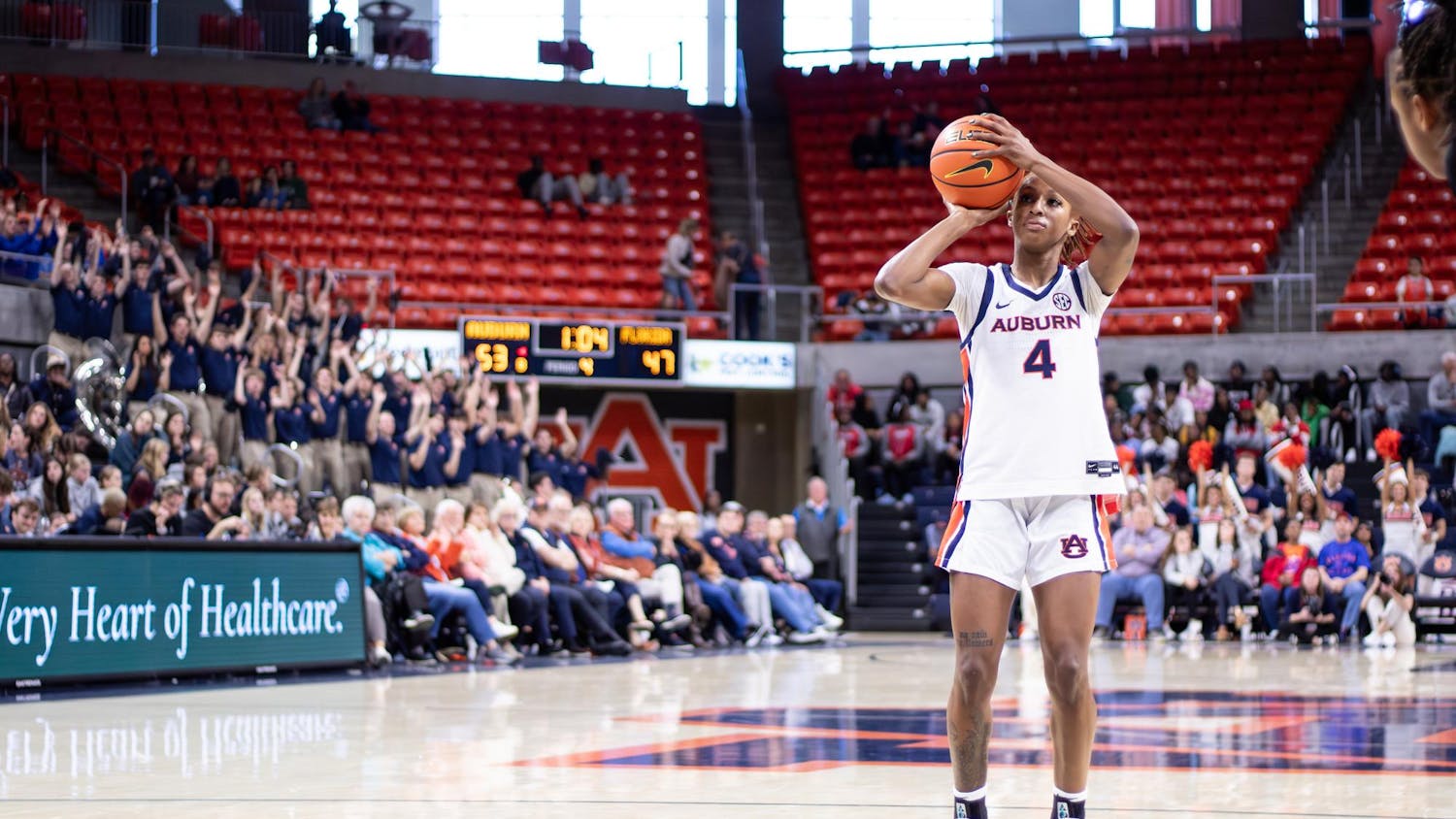Death is an unpleasant subject to discuss. Losing a loved one is difficult for strong adults, and when considering the effects of loss on a vulnerable growing child, the results can be detrimental.
Camp Good Grief, a free day camp for children ages 5–18 who have lost a friend or family member, is a safe and welcoming place for children to have those tough discussions. The camp check-in begins at 7:45 a.m. on Saturday, April 16, at the Opelika SportsPlex.
Jenny Filush, camp director, has worked to make the camp helpful to children of all backgrounds and interests. The camp’s first year was 2005, and the numbers of children and volunteers have increased every year since then. Typically, 120 volunteers go through training sessions and work with close to 200 students divided into small groups split by age and gender on the day of camp.
“We wanted to provide a therapeutic, safe place for kids to come, where they can have their feelings validated, learn how to express some of these feelings and do it in a safe way,” Filush said.
According to Filush, all manners of death are represented. Parents send their children for constructive discussion and help from someone outside of their normal circle. Parents and caregivers are given the opportunity to sit with counselors and discuss how to handle and accommodate their child’s grief.
Each year, a theme is chosen by staff that is the base for the camp activities. This year’s theme is “Into the Wild” and campers will be writing a nature journal, setting up tents, watching a clip from “Cast Away” and bonding through other group activities.
Filush said there are three games that stand out every year.
On arrival, the groups split up to play “The Starburst Game.” Each child choses a color and when asked a question about their grief journey they are given a Starburst candy for answering. Seeing others share gives shyer children the confidence to talk about the loss that they are dealing with. They receive a candy for being brave and divulging personal feelings, but also the opportunity to let go of built grief.
William Frye, graduate student in psychology, said The Starburst Game is his favorite game played the day of camp. Frye has been volunteering for five years and counsels the teenage boys. He said they come in trying to be tough, clinging to their hard shells, but leave open to discussing the difficulties of losing someone they love.
“The boys go from, ‘I’m too cool for this,’ to ‘I can maybe get into this,’ and finally they chose to open up, and they have a great time doing it,” Frye said.
Not every child that comes to camp will be apt to speak in front of a group, so for those who are competitive and athletic, an obstacle course is set up by the Auburn Police Division. Campers scale walls, run relays and jump through tires to race other teams. While cooling down, camp volunteers ask participants about the obstacles they faced after the death of their loved ones.
For those who are creative, a puzzle is given to each group without a picture of the end result. The children work to compose a finished puzzle only to find that pieces are missing. Counselors step in and explain that no matter how hard we work to put our lives back together after we lose someone we love, we will always be something missing.
“That’s the hardest part about our grief journey: No matter how many pieces we try to put back together, we can’t ever put them all back,” Filush said. “There is always going to be missing pieces. If you lose someone, there will be a hole.”
Filush said she came to the conclusion that a camp with this mission was needed in Lee County after conducting a small group with seven fifth-graders who had all lost parents in the span of a summer.
“Watching how they strengthened each other just by sharing their thoughts and feelings made me realize how much we need a program like Camp Good Grief,” Filush said. “I got the green light to start researching, and it has grown since then.”
Those students were some of the first to attend Camp Good Grief in 2005. Children come back yearly to benefit from the symbolic messages and to be able to talk about the progression of their grief journey.
“It’s community,” Frye said. “It’s kids helping kids even more than the volunteers.”
The camp effects all of those involved, whether parent, caregiver, camper or volunteer. Filush said that the event is free and children leave with a lifetime of memories and a healing that is well worth it.
“It’s not just a family fun day where you drop off your kids for free food,” Filush said. “It’s a day to spend in memory of their love ones, to make something to take home and to talk about life. It’s a time for parents and children to work and learn about themselves and their grief journey.”
Do you like this story? The Plainsman doesn't accept money from tuition or student fees, and we don't charge a subscription fee. But you can donate to support The Plainsman.




